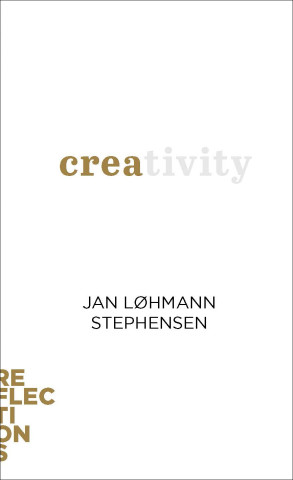
Reviews
A richly detailed picture of the works of philosophy... [Delacampagne] proves to be an enlivening guide to the labyrinth of recent philosophical thought... He lucidly outlines the convergence and divergence of lines of thought in the bewildering maze of modern intellectual life.
This is no ordinary history of philosophy. Its novelty lies not only in the fact that it locates the great philosophers of the twentieth century within the tragic events of our century, but, so far as I know, it is the first history of philosophy that points out the effects on and the responses of different philosophers to the Holocaust.
Delacampagne relates major philosophical trends over the past 120 years on both sides of the Atlantic to their historic settings... The scope of this survey is impressive.
By attending to the role of philosophers in concrete historical events, Delacampagne entwines the lives and work of philosophers into a dramatic and captivating narrative that is sure to spark considerable discussion.
Book Details
Preface to the English-Language Edition
Preface to the Original Edition
Introduction: The Birth of Modernity
1. The Sure Path of Science
Progress in Logic
From Logic to Phenomenology
From Logic to Politics
W
Preface to the English-Language Edition
Preface to the Original Edition
Introduction: The Birth of Modernity
1. The Sure Path of Science
Progress in Logic
From Logic to Phenomenology
From Logic to Politics
Wittgenstein's Dissidence
2. Philosophies of the End
The End of Europe
The End of Oppression
The End of Metaphysics
After the End
3. Conceiving Auschwitz
Paths of Exile
Heidegger's Choice
Preliminary Inquiries
Investigation of the Case
4. In the Cold War
Partisans of Liberalism
Defender of Liberty
In Search of a Third Way
Avatars of Marxism
5. Reason in Question
Structure versus Subject
A History of Truth
From Deconstruction to Neopragmatism
Communication or Investigation?
Epilogue: The Unfinished Cathedral
Notes
Select Bibliography
Index





